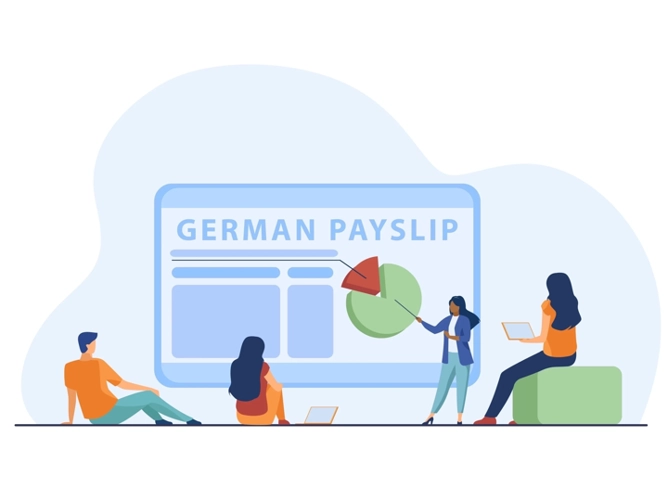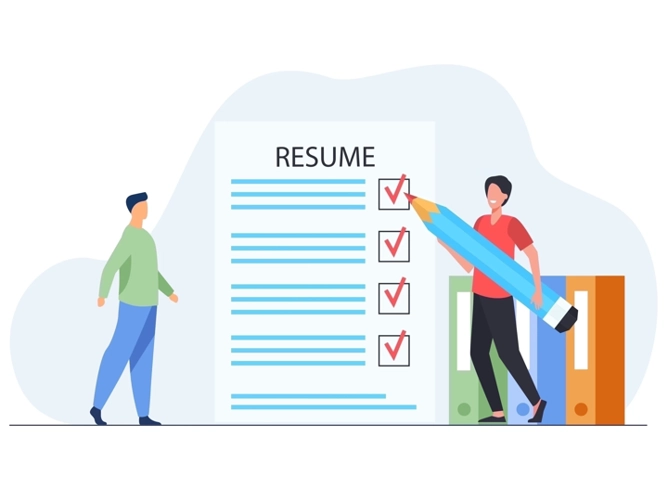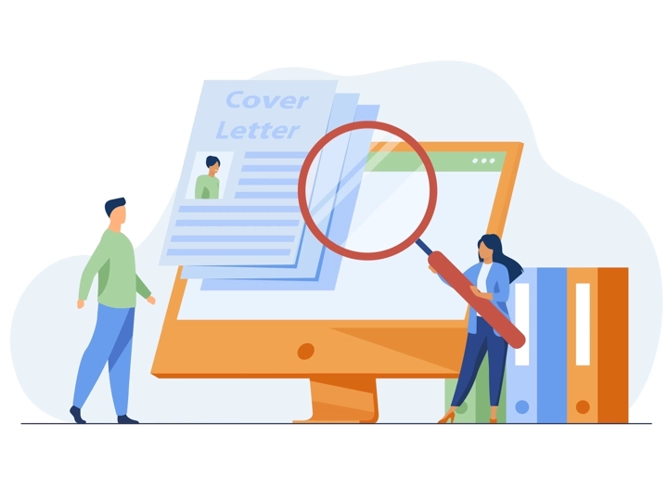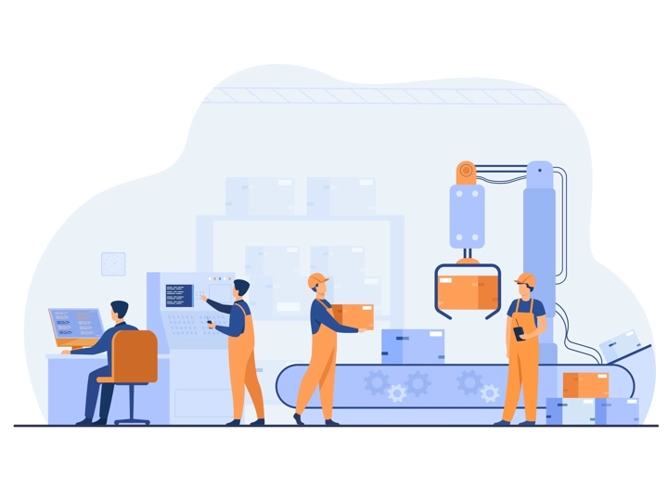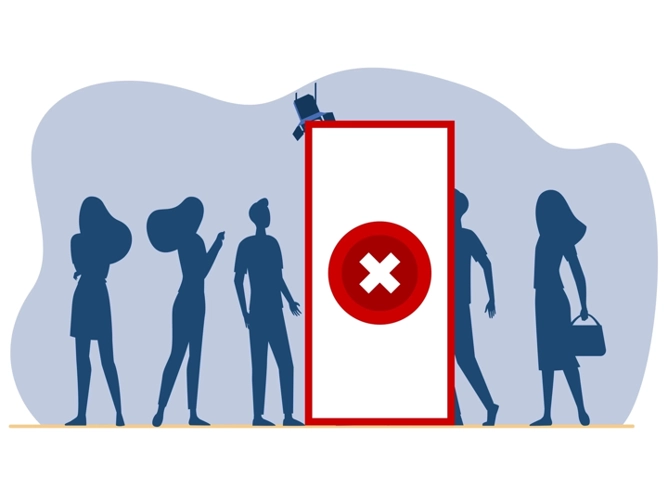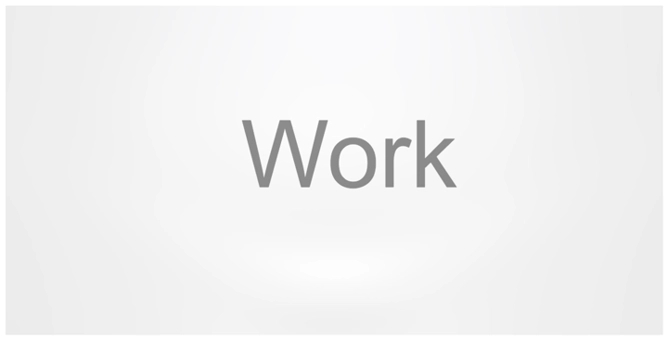
Complete Guide to Working in Germany
Complete Guide to Working in Germany
Working in Germany: The Ultimate Expat Guide to Jobs, Visas, and Thriving in the German Workplace
Introduction
Are you dreaming of building your career in Germany but feeling overwhelmed by the maze of visas, qualifications, and German bureaucracy? You’re not alone. Many expats arrive excited for new opportunities, only to find themselves lost in translation—literally and figuratively—when it comes to navigating the German job market. Maybe you’ve heard that you need to speak perfect German, or that the paperwork is endless. The truth? With the right guidance, working in Germany is absolutely achievable, even as a foreigner.
At liveingermany.de, we’ve helped thousands of expats overcome these hurdles with practical, step-by-step resources. This guide is your comprehensive roadmap to finding a job, securing the right visa, and thriving in Germany’s dynamic workplace—grounded in up-to-date regulations and real expat experiences.
Expat Challenges and Context
Moving to Germany for work is an exciting adventure, but it comes with unique challenges. From understanding strict visa requirements to getting your qualifications recognized, the process can feel daunting. Many expats worry about whether their degree will be accepted, how much German they need, or how to bring their family along.
Take Maria, an IT professional from Brazil. She landed a job in Berlin but was surprised by the paperwork required—especially the need for official recognition of her university degree and a minimum salary threshold. Like many, she found the salary and qualification requirements confusing at first. But with the right research and support, she secured her work visa and is now thriving in Germany’s tech scene.
According to the German government, non-EU/EEA/Swiss nationals must have both a work visa and a residence permit to take up employment. Nationals of Australia, Canada, Israel, Japan, New Zealand, South Korea, and the USA have a slightly easier path, being able to enter visa-free and apply locally (source: Germany Visa, Make It in Germany).
The emotional impact of these hurdles is real: the uncertainty, the paperwork, the fear of missing a crucial step. But with clear, authoritative guidance, you can turn these obstacles into stepping stones for your new life in Germany.
How to Work in Germany as an Expat
Who Can Work in Germany?
- Non-EU/EEA/Swiss nationals: Need a work visa and residence permit before starting employment.
- Certain countries (Australia, Canada, Israel, Japan, New Zealand, South Korea, USA): Can enter Germany visa-free and apply for the residence permit locally.
- All others: Must apply for a work visa at the German consulate or embassy before traveling.
Work Visa Options and Requirements
Standard Work Visa for Qualified Professionals
- Job Offer: You must have a concrete job offer from a German employer matching your qualifications.
- Qualification Recognition: Your foreign degree or vocational training must be officially recognized or deemed comparable to a German qualification.
- Salary Threshold: As of 2025, you’ll need a minimum gross annual salary of €48,300 (or €49,830 for applicants over 45, or proof of sufficient pension).
- Regulated Professions: Certain fields (like healthcare) require a professional license.
- Duration & Cost: The visa is valid for up to a year (multiple entry), costs €75, and can be converted to a residence permit (usually up to four years) after arrival.
Skilled Immigration Act Pathway
- Vocational Training: Skilled workers with completed vocational training or a university degree can work in Germany, even if direct academic recognition isn’t required.
- Salary Level: Slightly lower annual threshold (€43,470 as of 2025).
EU Blue Card
- Who qualifies? Highly qualified professionals, especially in IT, engineering, mathematics, and medicine.
- Requirements: Recognized university degree and a job offer meeting the Blue Card salary threshold (lower for shortage occupations).
- Benefits: Fast track to permanent residency.
Application Process: Step-by-Step
- Secure a Job Offer: Get a written offer for a job aligned with your qualifications.
- Get Qualification Recognition: Submit your education and professional certificates for assessment (where required).
- Visa Application: Gather documents (job contract, qualifications, proof of salary, passport), and apply at your local German consulate/embassy or, if eligible, in Germany.
- Residence Permit: Upon arrival, apply to convert your visa into the appropriate residence permit before your visa expires.
- Licensing (if applicable): For regulated professions, obtain the necessary license to practice.
Additional Considerations
- Language Skills: German isn’t strictly mandatory for most work visas, but it’s highly recommended for integration and job opportunities.
- Permanent Residency: Many work visas, including the EU Blue Card, can lead to permanent residence and eventual citizenship.
- Family Reunification: Work visa holders can often bring close family members, but requirements vary.
Summary Table: Key Work Visa Types
| Visa Type | Qualification Requirement | Salary Threshold (2025) | Job Offer Needed | Additional Notes |
|---|---|---|---|---|
| Standard Work Visa | Recognized degree/vocational training | €48,300 | Yes | Required for most non-EU/EEA/Swiss nationals |
| Skilled Immigration | Completed training; less strict rec. | €43,470 | Yes | For skilled workers/vocational grads |
| EU Blue Card | University degree (most cases) | Varied (lower for shortage jobs) | Yes | Fast track to permanent residence |
| Regulated Professions | Qualification + license | Varies | Yes | License to practice mandatory |
Source: Make It in Germany, Germany Visa, Skuad
Explore More Work-in-Germany Resources
Verpflichtungserklärung Process in Germany
The Verpflichtungserklärung, or obligation letter, is a crucial document if you’re planning to invite friends or family to Germany for a short-term visit. This comprehensive guide details the purpose, costs, and how to meet the financial criteria. It also explains the difference between an obligation letter and an invitation letter and provides practical steps to apply, including tips on maintaining compliance with German authorities. If you’re an expat wanting to help loved ones visit, understanding this process is essential. Read more
Inviting Family and Friends to Germany
If you want to bring family, friends, or business partners to Germany, this guide breaks down the visitor visa process, the importance of invitation letters, and your obligations as a host. It covers different types of invitation letters, necessary information for each, and step-by-step instructions for smooth visa applications. This resource is a must for expats hoping to share their new home with loved ones. Read more
Getting Married in Denmark Guide
Did you know many expats choose Denmark for marriage due to its straightforward process? This guide covers why, eligibility criteria, required documents, costs, and the steps to obtain a marriage certificate. It also addresses legal aspects and how to register your marriage back home. For expats in Germany, understanding alternative marriage options can be invaluable, especially if local bureaucracy feels overwhelming. Read more
Essential Steps When Leaving Germany
Planning to leave Germany? This guide outlines the vital steps: informing your employer, notifying your landlord, canceling insurance, utility contracts, deregistering with authorities, and handling tax refunds. It’s a must-read for anyone transitioning from Germany to a new destination, ensuring you stay compliant and avoid financial pitfalls. Read more
Re-entry Certificate for Germany
If you plan to spend extended periods outside Germany, this article explains the rules for maintaining your residence permit. Learn when you need a re-entry certificate, how long you can stay abroad, and what documentation you’ll need—especially if you hold an EU Blue Card or settlement permit. This is essential reading for expats with international lifestyles. Read more
City Registration Process in Germany (Anmeldung)
Registering your address (Anmeldung) is one of the first steps for any newcomer in Germany. This guide walks you through booking appointments, required documents, and the critical importance of timely registration for accessing services like bank accounts and health insurance. It also covers address changes (Ummeldung) and deregistration (Abmeldung). Mastering this process is key to a smooth start in Germany. Read more
Navigating Bureaucracy in Germany
German bureaucracy can be intimidating, but this resource offers clarity and support for expats dealing with paperwork and official procedures. Featuring a chatbot guide and expert insights, it covers everything from government formalities to regulatory compliance—making it easier to focus on your new life and career. Read more
Practical Tips for Expats: Working in Germany
- Get Your Qualifications Recognized Early
- Start the recognition process as soon as possible. Use official tools like anabin to check if your degree is recognized.
- Secure Health Insurance Before Arrival
- Health insurance is mandatory for all residents. Research expat-friendly providers and arrange coverage before your move.
- Open a German Bank Account
- Many employers require a local account for salary payments. Digital banks like N26 or Bunq are popular with expats for their English support and easy online setup.
- Learn Basic German
- While not always required, basic language skills help with integration and daily life. Apps like Babbel or Memrise can accelerate your learning.
- Prepare All Required Documents
- Typical paperwork includes your passport, job contract, degree certificates, proof of health insurance, and sometimes a Schufa credit report.
Reflective question: What’s the biggest challenge you’re facing in your journey to work in Germany?
Contextual Affiliate CTAs
Need a reliable, expat-friendly bank account? Try N26, a digital bank that makes opening an account in Germany simple—even before you arrive. Get started.
(Affiliate link – we may earn a commission at no extra cost to you.)
Looking for the easiest way to get your Schufa credit report for rental and job applications? Try Schufa Free for a fast, digital solution. Get started.
(Affiliate link – we may earn a commission at no extra cost to you.)
Conclusion
Germany offers a transparent, streamlined system for skilled workers and expats. By understanding the requirements, preparing your documents, and leveraging trusted resources, you can unlock a world of career opportunities and enjoy a high standard of living in Germany. For more expert expat guides and up-to-date information, visit liveingermany.de—your trusted partner for every step of your journey.
Verified as of May 2025. This guide is based on official German government sources and the collective experience of the liveingermany.de expat community. For the latest updates, always check government websites and consult with qualified professionals as needed.
Live in Germany is a trusted resource for expats, with guides used by thousands.

